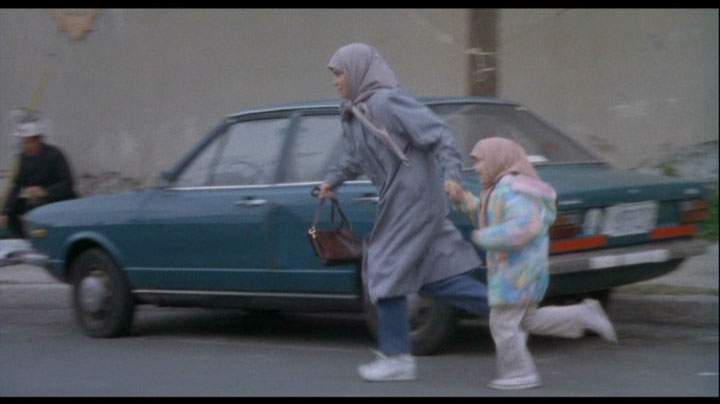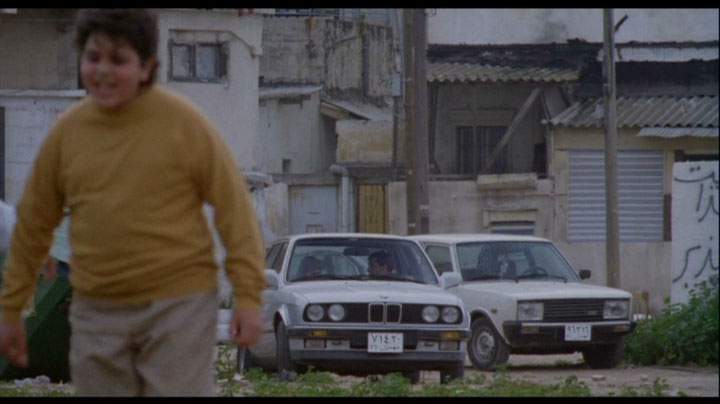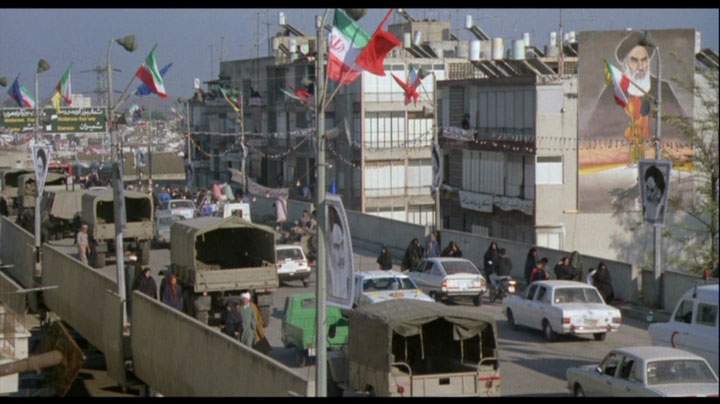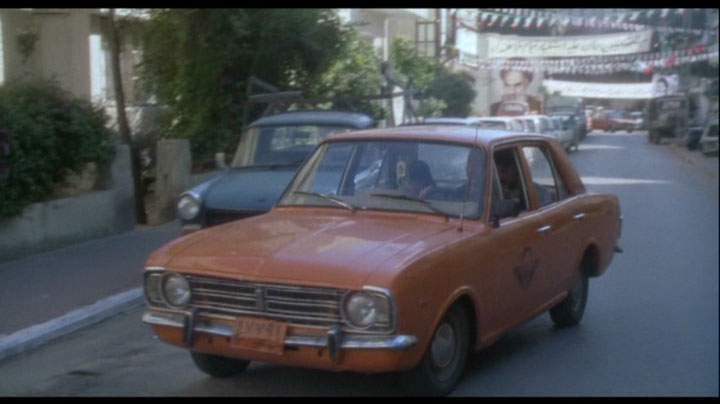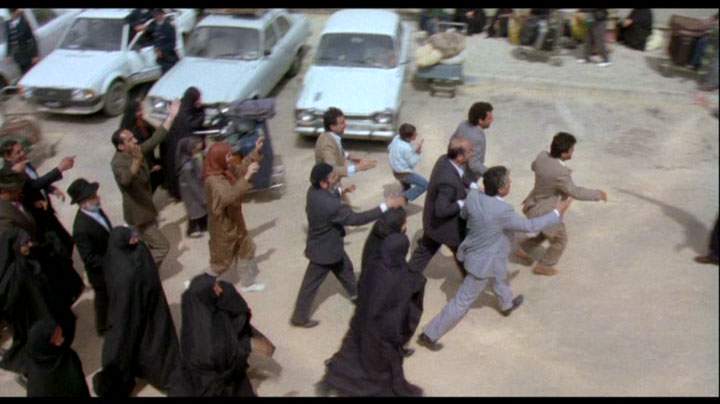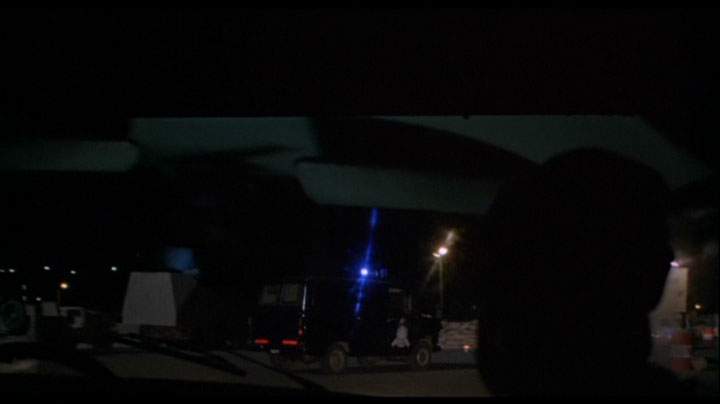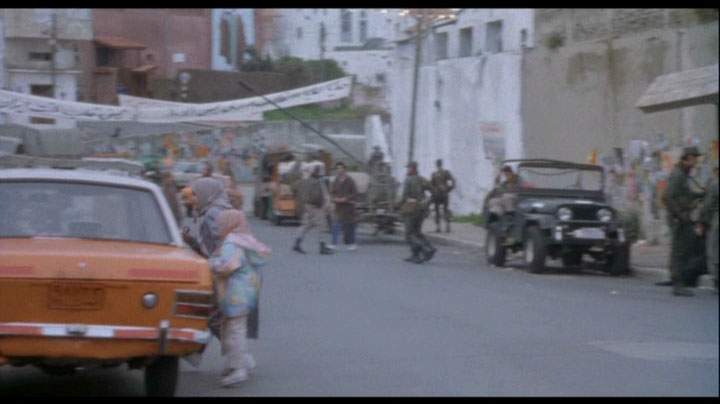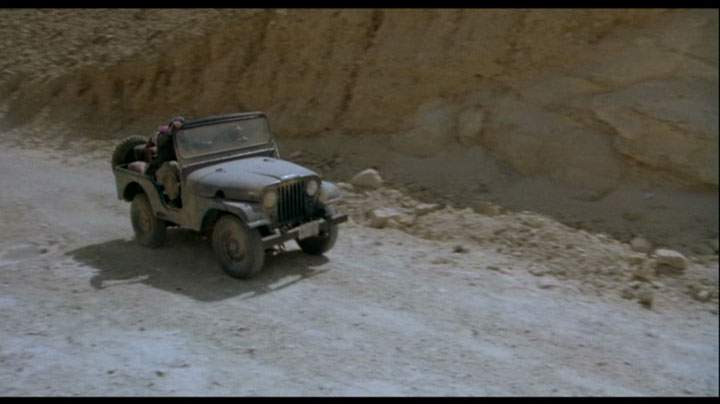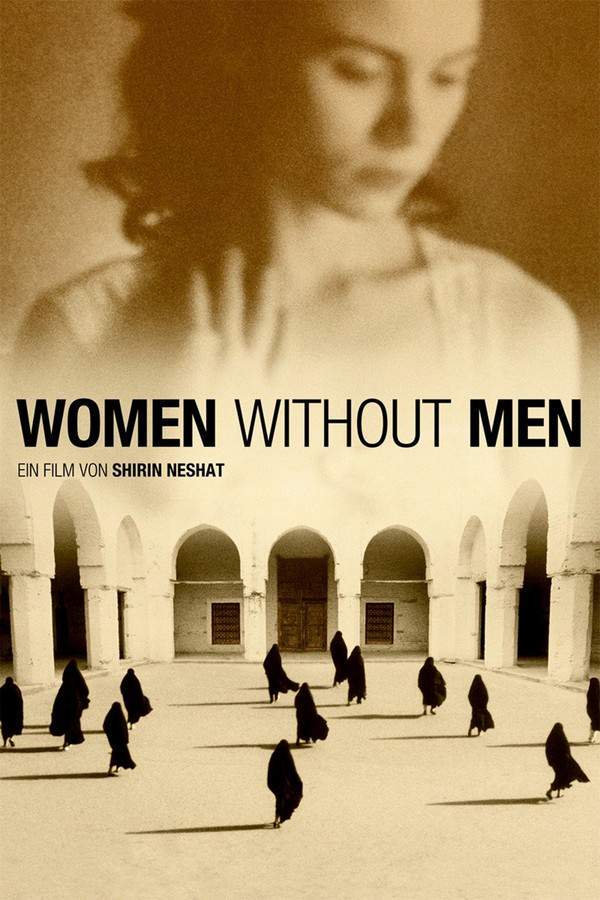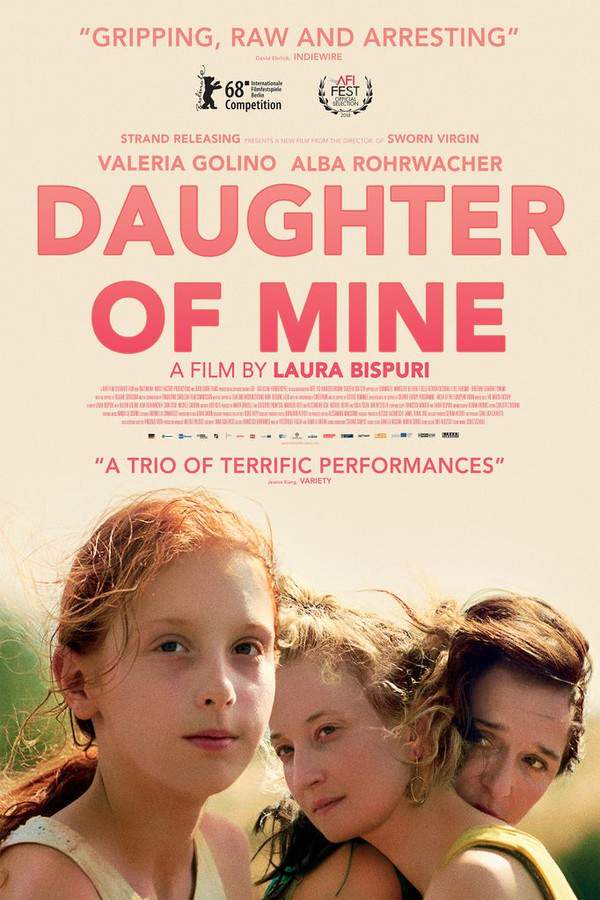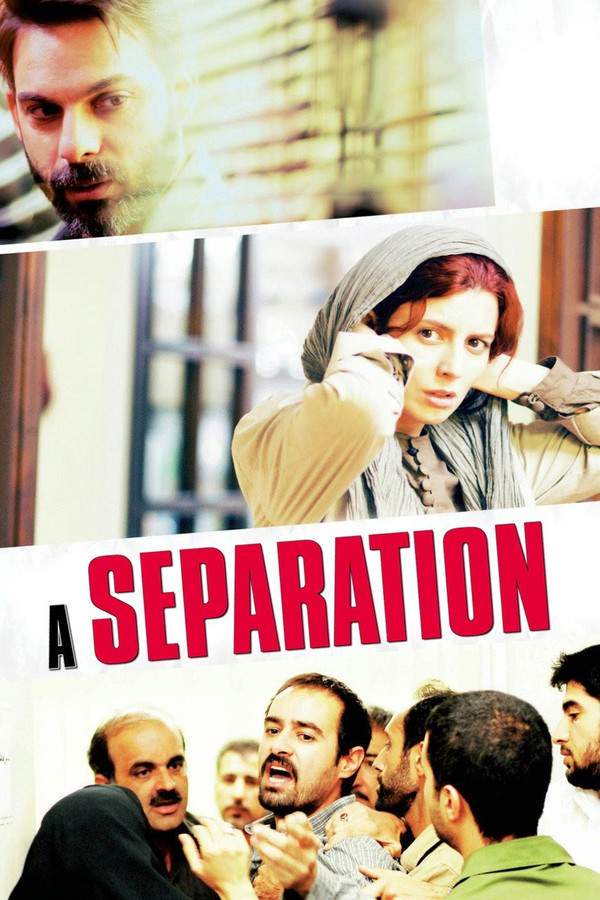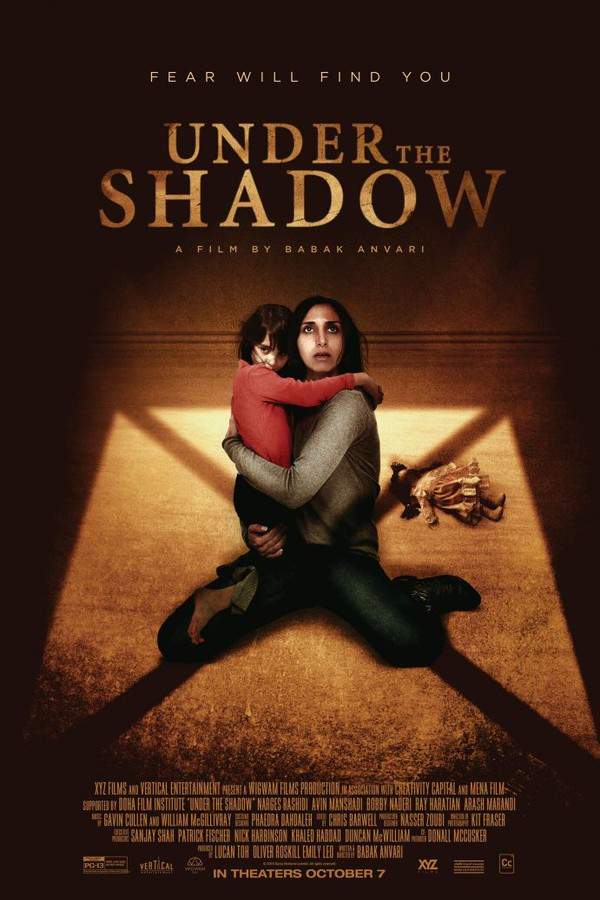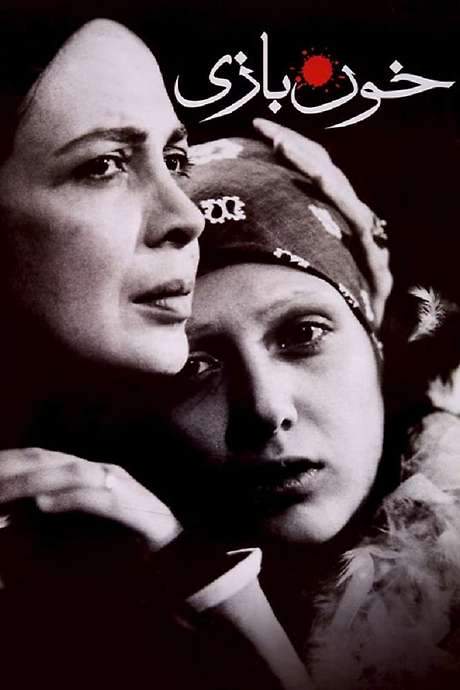Not Without My Daughter 1991
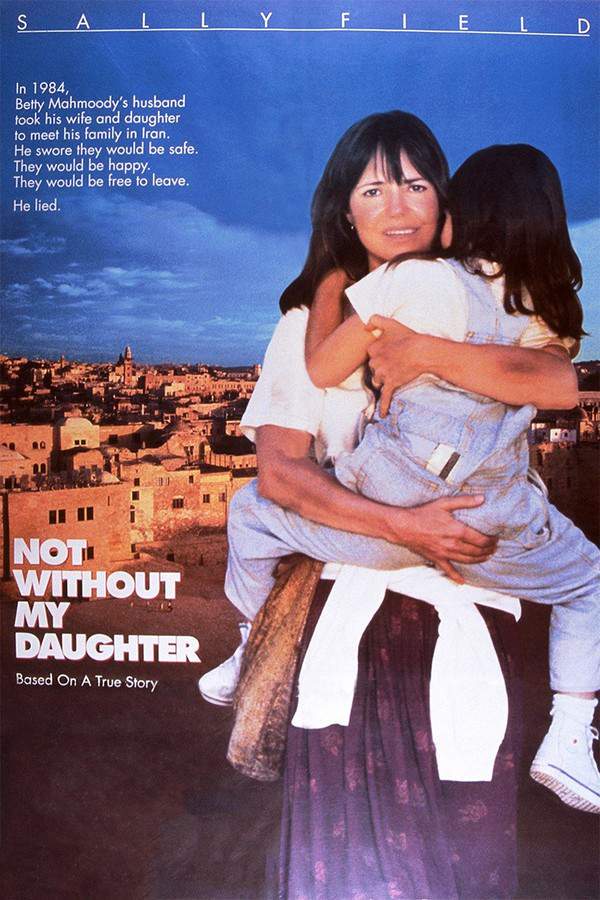
An American woman, Betty Mahmoody, finds her life turned upside down when her husband unexpectedly arranges a trip to Iran. There, she discovers the restrictive nature of the regime and faces a desperate situation as she strives to safeguard herself and her young daughter. Trapped and vulnerable, Betty must fight against her husband's manipulative schemes and navigate a culture that challenges her values and threatens to separate them forever.
Does Not Without My Daughter have end credit scenes?
No!
Not Without My Daughter does not have end credit scenes. You can leave when the credits roll.
Meet the Full Cast and Actors of Not Without My Daughter
Explore the complete cast of Not Without My Daughter, including both lead and supporting actors. Learn who plays each character, discover their past roles and achievements, and find out what makes this ensemble cast stand out in the world of film and television.
External Links and Streaming Options
Discover where to watch Not Without My Daughter online, including streaming platforms, rental options, and official sources. Compare reviews, ratings, and in-depth movie information across sites like IMDb, TMDb, Wikipedia or Rotten Tomatoes.
Ratings and Reviews for Not Without My Daughter
See how Not Without My Daughter is rated across major platforms like IMDb, Metacritic, and TMDb. Compare audience scores and critic reviews to understand where Not Without My Daughter stands among top-rated movies in its genre.

57
Metascore
6.7
User Score


53%
TOMATOMETER

71%
User Score

66
%
User Score
Take the Ultimate Not Without My Daughter Movie Quiz
Challenge your knowledge of Not Without My Daughter with this fun and interactive movie quiz. Test yourself on key plot points, iconic characters, hidden details, and memorable moments to see how well you really know the film.
Not Without My Daughter Quiz: Test your knowledge on the gripping story of Betty and her fight for freedom in Not Without My Daughter.
What prompted Moody to take his family to Iran?
Moody wanted his family to meet his relatives
Moody was relocating for work
They were fleeing from the US
Betty wanted to explore her heritage
Show hint
Full Plot Summary and Ending Explained for Not Without My Daughter
Read the complete plot summary of Not Without My Daughter, including all major events, twists, and the full ending explained in detail. Explore key characters, themes, hidden meanings, and everything you need to understand the story from beginning to end.
As the 1980s rolled in, Sayyed Bozorg “Moody” Mahmoody, a dedicated Iranian physician residing in the United States with his American wife, Betty, and their intelligent young daughter, Mahtob, relished their tranquil lifestyle. Seeking to connect his family with his roots, Moody shared his wish for them to visit Iran, a seemingly innocuous request. Despite her reservations, Betty agreed to undertake a two-week journey back to her husband’s homeland, assured by Moody that they would return safely.
Upon their arrival, Moody and Mahtob received a warm welcome from his relatives. However, Betty’s unfamiliarity with Islamic customs led to several misunderstandings, igniting tensions that would soon boil over. During a distressing evening, Moody revealed that he had been fired from his hospital job just before their departure, but soothed Betty’s worries by promising to handle matters upon their return.
Yet, unseen dangers loomed on the horizon. As the night unfolded, Moody’s brother, Mammal, casually dropped a shocking revelation: their passports had to be submitted to the airport three days prior for their flight back to America. Betty’s insistence on heading to the airport only fueled Moody’s anger as he unveiled his true motives—he never planned for them to leave Iran.
The gravity of their predicament pressed on Betty’s heart as Moody’s demeanor darkened, leading to brutal violence. Her cries for help from his family fell silent, leaving her feeling isolated in a foreign land as the war between Iran and Iraq loomed ominously. Moody’s behavior turned increasingly aggressive, restricting her movements and forbidding her from using the telephone under the guise that his family was surveilling her.
In an unexpected twist of fate, Betty received a clandestine phone call from her mother, which ignited a flicker of hope. In hushed tones, she shared her dire circumstances, revealing her entrapment in Iran. Her mother urged her to seek assistance at the American Interests Section of the Swiss Embassy. However, when she arrived, the response was utterly devastating. Under Iranian law, her marriage to Moody had granted her citizenship, subjecting her to sharia law, which stripped her of consular protection and autonomy, especially regarding her daughter.
With her hopes dwindling and anxiety mounting under Moody’s tightening grip, he threatened her life if she dared to resist him. As her world collapsed, Betty faced a desperate struggle for survival and freedom amid Iran’s oppressive landscape. Determined, she engaged in a calculated plan to convince Moody that moving into Mammal’s home would be ideal.
In a serendipitous encounter, she met a sympathetic storekeeper who allowed her to use the telephone. Unbeknownst to her, he overheard her plight and connected her with two Iranian humanitarians, Hossein and his sister, who offered critical help in facilitating Betty’s and Mahtob’s escape. With time running short, Hossein warned her that once Mahtob turned nine, she risked being thrust into marriage or conscription as a child soldier.
As they navigated their new life in Iran, Mahtob grappled with adapting to a foreign school, necessitating Betty’s constant support. The kind female staff recognized their struggles and extended Mahtob’s arrival time, providing Betty a covert opportunity to collaborate with Hossein on escape strategies. They meticulously laid out a plan, gathering vital intelligence on potential routes.
Their fragile peace shattered when Moody appeared at the school, his wrath releasing in a brazen attack on both Betty and Mahtob. Left with no choice, they returned to the confines of their tormentor, who isolated them for days, relishing in the anticipation of Betty’s despair.
Months later, devastating news regarding Betty’s father’s health reached her, prompting Moody to reluctantly allow her to visit the U.S., but with the heart-wrenching condition of leaving Mahtob behind. He demanded that she liquidate their assets and return. Sensing urgency, Betty seized a chance to escape, feigning a shopping trip for her father while Moody rushed off to an emergency call.
With the aid of Hossein, who provided counterfeit ID documents, Betty and Mahtob navigated hazardous checkpoints with the assistance of Iranian smugglers. After traversing perilous terrains, they finally stood in the vibrant streets of Ankara, the American Embassy flag waving like a beacon of hope. Overwhelmed by relief and joy, they retreated safely to their homeland, where Betty later achieved literary acclaim and devoted herself to advocacy for individuals ensnared in similar harrowing circumstances.
Uncover the Details: Timeline, Characters, Themes, and Beyond!

Coming soon on iOS and Android
The Plot Explained Mobile App
From blockbusters to hidden gems — dive into movie stories anytime, anywhere. Save your favorites, discover plots faster, and never miss a twist again.
Sign up to be the first to know when we launch. Your email stays private — always.
Watch Trailers, Clips & Behind-the-Scenes for Not Without My Daughter
Watch official trailers, exclusive clips, cast interviews, and behind-the-scenes footage from Not Without My Daughter. Dive deeper into the making of the film, its standout moments, and key production insights.
Cars Featured in Not Without My Daughter
Explore all cars featured in Not Without My Daughter, including their makes, models, scenes they appear in, and their significance to the plot. A must-read for car enthusiasts and movie buffs alike.
Not Without My Daughter Themes and Keywords
Discover the central themes, ideas, and keywords that define the movie’s story, tone, and message. Analyze the film’s deeper meanings, genre influences, and recurring concepts.
Not Without My Daughter Other Names and Titles
Explore the various alternative titles, translations, and other names used for Not Without My Daughter across different regions and languages. Understand how the film is marketed and recognized worldwide.
Similar Movies To Not Without My Daughter You Should Know About
Browse a curated list of movies similar in genre, tone, characters, or story structure. Discover new titles like the one you're watching, perfect for fans of related plots, vibes, or cinematic styles.
Quick Links: Summary, Cast, Ratings, More

What's After the Movie?
Not sure whether to stay after the credits? Find out!
Explore Our Movie Platform
New Movie Releases (2025)
Famous Movie Actors
Top Film Production Studios
Movie Plot Summaries & Endings
Major Movie Awards & Winners
Best Concert Films & Music Documentaries
Movie Collections and Curated Lists
© 2025 What's After the Movie. All rights reserved.

















